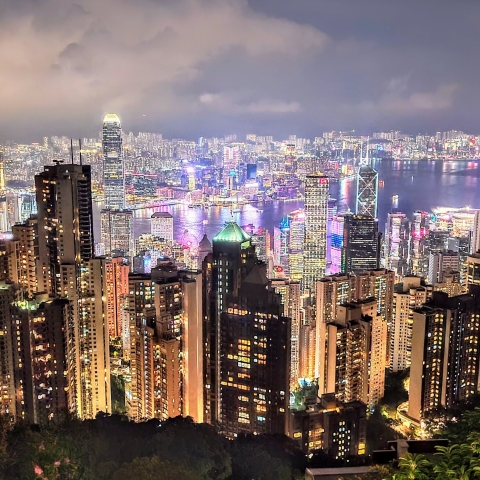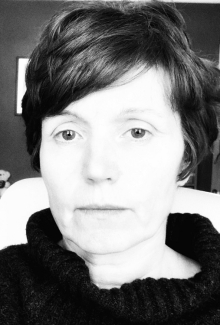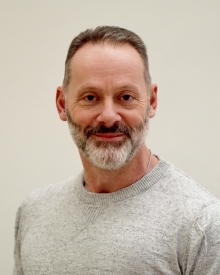
Faculty of Humanities and Social Sciences
Explore our faculty | Teaching | Research | Our staff
In the faculty of Humanities and Social Sciences, our departments deliver courses and conduct research in a wide variety of humanities and social sciences subjects - from politics and international development, to criminology, education, literature and languages. We're home to more than 200 staff and 6,000 students from the UK, EU, and overseas.
Our teaching is supported by the latest technology, with learning resources created in partnership between academics and experienced online course developers. All of our degrees aim to offer a global perspective on their subjects, so our students graduate with limitless horizons.
Our research explores themes across a host of subjects within the faculty, which informs the teaching and supervision of our students. Many of our researchers are called on to work with governments, aid organisations and public services around the world, to help bring about social change. We also support academic staff to develop partnerships and consultancy activities with public and private enterprise.
We engage with the world beyond our University, ensuring that our students are fully prepared for the careers they wish to pursue. This might mean the option of overseas work or study placements, joint degrees or even virtual study abroad, where students take part in shared learning with those in other countries.
We opened the Placement and Internship Centre in 2013, and most of our courses offer placement years. Our students have the opportunity to gain real workplace experience, whether by choosing a paid placement year in industry, or by opting for shorter work placements or voluntary opportunities. We help them understand what they can gain from the experience, identify the best fit, find a suitable placement and make a success of it.
The faculty is located in four different buildings around the compact city centre campus: Park Building, Milldam, St George’s Building and Ravelin House.
Welcome to the Faculty of Humanities and Social Sciences
From politics and international relations, to criminology, education, literature and languages, our Humanities and Social Sciences courses will empower you to shape the change you want to see in the world.
Ed Stoddard
Portsmouth is a really exciting and vibrant city, and the university is literally at the heart of the city.
Lucy Jones
When I visited the University of Portsmouth, it just clicked for me.
Prof Anne Murphy
Humanities and Social Sciences really fit students for the 21st century world. We react to the way that the world is. We also help our students learn to understand how they might change the world, how they might shape the world to be a better place.
Alexandra Hemingway
All of our courses are fantastic at preparing students with a really fantastic range of durable skills because they really are the ones that you can take with you wherever you go.
Grahame Luff
The skills that students will learn will be analytical skills, the ability to take new ideas and concepts and apply them to different situations.
Alex Chandok
I learnt about what links I could use and what other contacts I could go to in order to find those particular jobs and places. Also, what skills employers are looking for generally on a day to day basis.
Prof Becky Milne
We have psychologists, we have criminologists, we have lawyers and we have ex police officers who are now retired.
Dr Nick Pamment
We've got amazing facilities.
Ed Stoddard
I think the university has a really strong focus on student support.
Nels Hylton
The counselling service, which I used, pastoral care and chaplaincy really helped me hang in there and fight to finish.
Aleksandra
The university is all about planning. If you've got the schedule and if you give yourself some time for your activities that will enrich you beyond the university, beyond the assessments you're doing, beyond the lectures you're going to and the seminars you’re attending, this is what helps you to develop yourself, your professional skills and knowledge as well.
Prof Becky Milne
There's lots going on. There seems to be something for everyone, whether you're a student straight from school or whether perhaps you're a more mature student, there are great opportunities.
Ellen Braddick
This is a once in a lifetime opportunity where you get to meet loads of people in the exact same position as you. You're all in it together and you’re supporting one another and I think just give it a go. Just try your hardest and you could surprise yourself like me.
Nels Hylton
It taught me that I can juggle a degree and juggle interning and sport and radio. I felt a real sense of accomplishment. The opportunity to prove myself and do whatever I put my mind to, that's the impact that Portsmouth had on me.
Explore our faculty
Explore the departments in this faculty
School of Area Studies, Sociology, History, Politics and Literature
Explore the School of Area Studies, Sociology, History, Politics and Literature, and find out more about the teaching and research activities happening now within the school.

School of Criminology and Criminal Justice
Read more about the School of Criminology and Criminal Justice, and explore the teaching and research activities that take place within it.

School of Education, Languages and Linguistics
Explore the School of Education, Languages and Linguistics, and learn more about the teaching and research activities that take place within the school.
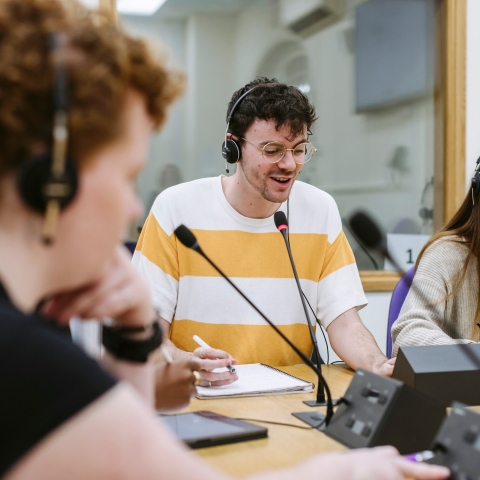
Teaching
Whatever degree our students choose, they learn from lecturers whose diverse research is united by fundamental questions - how should we live? How can we live better? And how can we change things so everyone, around the world, can live life to the full?
Our class sizes create a supportive environment for learning, so diverse voices are heard and each course becomes a community. Every course starts with an induction that puts making friends at its heart. Our students can build peer groups who support them throughout their degree journeys – and beyond.
We include projects and simulated experiences during our courses that enable our students to graduate ready for rewarding work. The opportunities are as diverse as our courses. For example, students can practise forensic analysis in a simulated crime scene, curate a new literary prize or submit a winning pitch, get their voices heard at the Model United Nations, or develop professional skills in our Conference Interpreter Training Suite.
Guest lecturers and visiting speakers from industry also give our students fresh perspectives on their career options, as well as the chance to start building a network of professional contacts who could help them achieve their future ambitions.
Our students discover:
- how to be open to new ideas
- how to step outside their comfort zone
- how to gain any new skills they need, fast
- how to grow, personally and professionally
- how to think: globally, critically, differently
They graduate with the tools they need to:
- assess their options
- identify fresh opportunities
- connect with employers
- always find their place
Our teaching areas
Themes across our courses include areas of social justice and challenges facing humanity. Through studying with us, our students can become the change they want to see in society.
Childhood, youth studies and education courses
Want a rewarding career shaping how children and young people learn and develop? Choose one of our childhood, youth studies and education courses.

Criminology and forensic investigation courses
Find out about studying a Criminology degree at one of the largest criminology departments in the country.

English and creative writing courses
Writing has the power to transport readers and listeners to an entirely different time and place. Tailor your studies to suit your goals, and graduate with the knowledge and skills find your dream career.

History, politics and international relations courses
Get the skills, knowledge and opportunities to develop a deep understanding of human behaviour, culture and society, and how they interact.
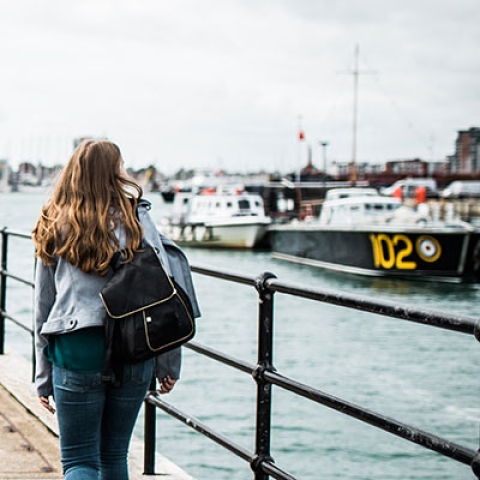
Languages courses
Develop an in-demand skill set, and get a deeper insight into the culture, history and politics of another country, with a Languages degree.
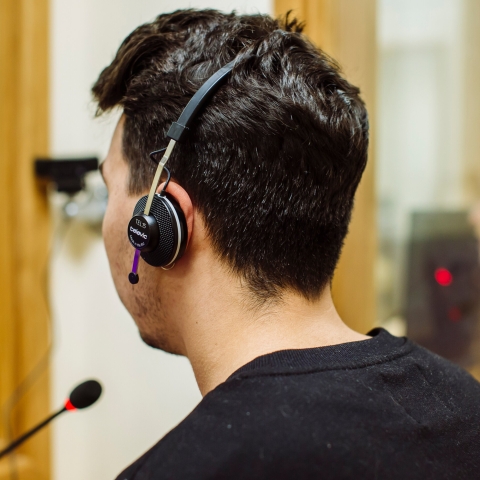
Or read about postgraduate research opportunities within the faculty:
Careers in Humanities and Social Sciences
When you study a course in Humanities and Social Sciences with us, you'll open yourself up to a wide range of careers, learn how to thrive in a world that's always changing, and become empowered to shape the change you want to see in the world.
Alexandra Hemingway: The kinds of subjects that we have in our faculty actually have a brilliant relationship to a whole range of careers. That's the beauty of studying humanities and social sciences.
Anne Murphy: This is a world in which the nature of employment will constantly be changing and shifting. What employers are looking for is people who can adapt to those circumstances. People who understand the nature of communications. People who are really good researchers. People who are able to think critically about the information they're given and analyse that well. That's what you learn when you study humanities and social sciences.
André Buller: The career I'm currently in today is rights and permissions with Springer Nature Publishing Company. The courses that I was fortunate enough to study had a lot of areas, but I think the big part is research, and there's a specific type of research which I think is integral to the study of humanities, or specifically, in my experience, history in English.
Anne Murphy: My students do all sorts of jobs. For example, our students who study education often will go on to be teachers, but our students go into management in a whole variety of different environments. They go into work in heritage, and the tourism industry. They often go into the civil service. They go into a wide variety of different places that are about communications, those sorts of things that are around kind of storytelling and engaging people so public relations and those kinds of industries.
Alexandra Hemingway: It's not always really obvious exactly what kind of job you might want to do when you study humanities and social sciences. A lot of students do need some help or inspiration, and a lot of that comes from directly inside their course. In the first year, second year, and third year, there are various different activities which help you understand what kinds of jobs there are for you when you leave.
Victoria Yates: There's that career professional development module at Portsmouth that really helped me to come out of my shell. You really find out exactly what is expected of you in the interview process, how to write a good, sufficient cover letter and how to stand out and be different, if it's a video interview. All of these skills are really important.
Anne Murphy: We find that their understanding of the process really increases and their confidence really increases, so we have the assurance that we're teaching them the right things for them to take out to employers later.
Research
Our research areas
Explore the research work we're doing within the faculty – across areas including English Literature, linguistics, history, criminology, education, area studies and sociology.
Area studies
We're exploring international relations, history, politics, economies, cultures, languages and geography across specific regions.
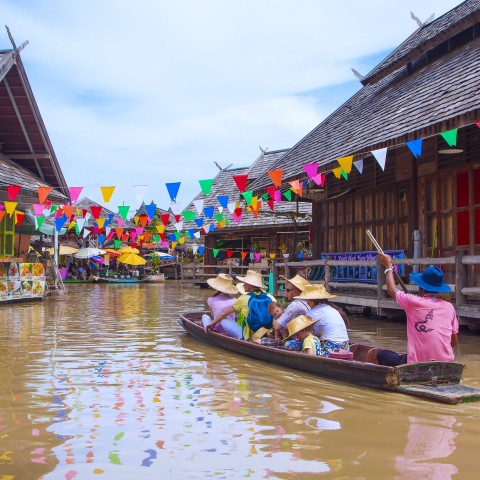
Criminology
We're researching how to prevent, detect, investigate and prosecute crime to keep up with the changing nature of criminal behaviour.
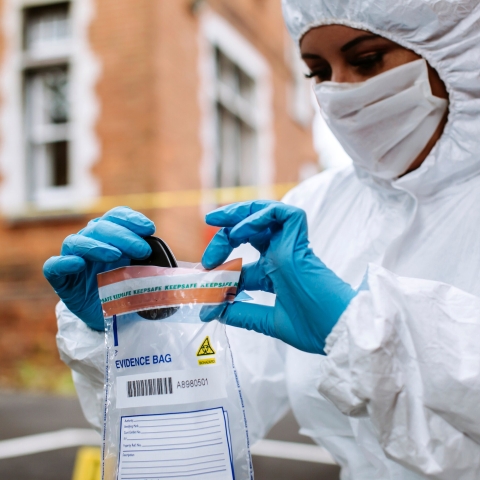
Education
We're researching what education looks like for different groups of people around the globe, while pushing for social justice and the human rights agenda worldwide.
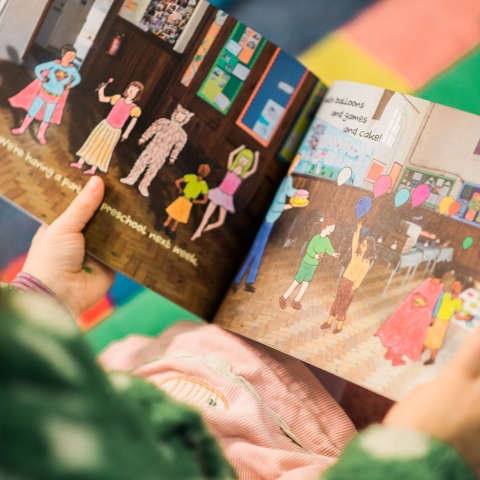
English literature
We're researching how literature provides insight and understanding into the lives of other individuals, communities and cultures.
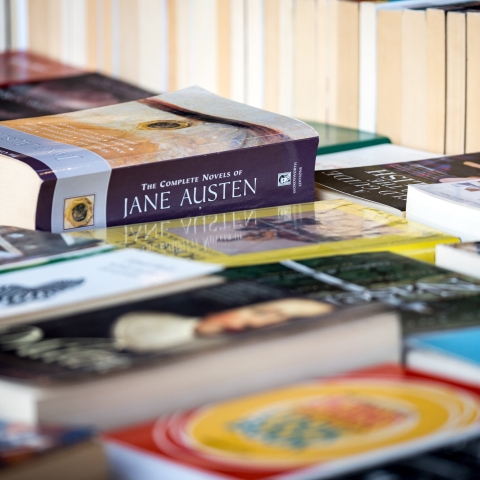
History
We're understanding our society through the study of experiences, culture, values and activities of people throughout history.
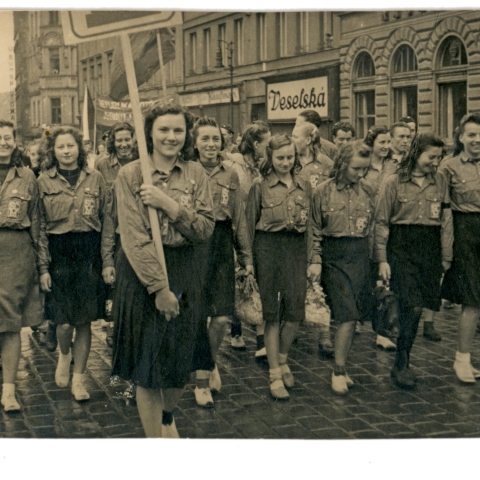
Languages and applied linguistics
We're looking beyond words to explore how they're used in certain contexts, and the relationship words can have with social constructs such as class or power. Explore our languages and applied linguistics research.
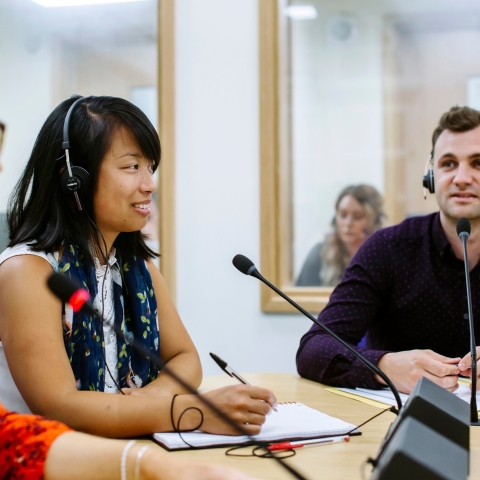
Politics and international relations
We're exploring pressing issues in politics and international relations and working with organisations, governments and individuals to find solutions.

Sociology
We're studying the patterns of relationships, social interaction, cultures and communities, and how people live their lives. Explore our sociology research.
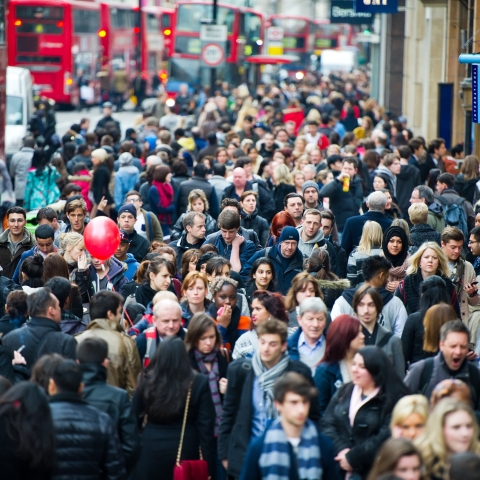
Women's and gender studies
We're exploring women’s issues and gender issues in social and cultural contexts through time, and how gender is represented in the media. Explore our women's and gender studies research.
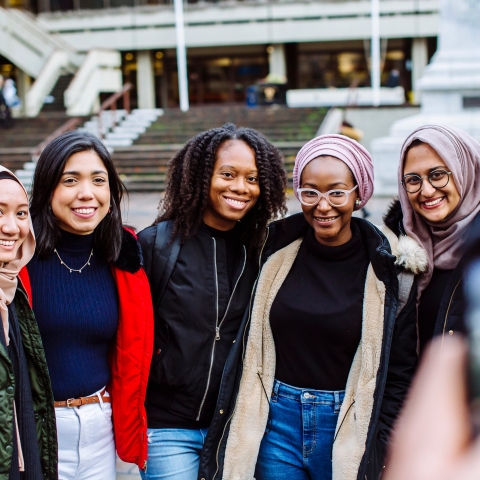
Our research centres
Much of our exceptional research takes place within the following research centres – find out more below.
Centre for European and International Studies Research
We're researching topics such as citizenship, race, language across borders, social theory and transnational politics.

Centre for Cybercrime and Economic Crime
The Centre for Cybercrime and Economic Crime brings together expertise in cybercrime and economic crime to enhance research, teaching and innovation.

Centre for Port Cities and Maritime Cultures
The interdisciplinary Centre for Port Cities and Maritime Cultures focuses on the past, present and future importance of urban-maritime cultures and communities within a global context.
